Jazz is a music genre and one of the most popular art forms of the 20th century. Its origins go back to African music from the second half of the 19th century, which developed during the times of slavery. Its main components are rhythm and improvisation, and it is characterized by the mixture of different styles: from American popular music, to ragtime, dixieland and blues. New Orleans – the main city in Louisiana – is the city that symbolizes jazz: it was the main port for ships coming from Africa and for the slave trade, and it was a melting pot of styles. The first recording of jazz music dates back to 1917, made by the Original Dixieland Jazz Band. At that time, a typical jazz band was composed of a quartet with rhythm section, piano and solo instruments like saxophone and trumpet. The contribution of Louis Armstrong – trumpeter and singer – was essential to the development of the genre. He was the first great master of jazz. Between the 10s and the 20s, the jazz culture spread to Chicago, Kansas City and New York City. The ‘ensembles’, extended groups of musicians known as Big Bands, reached audiences that were more and more international. In the 30s, the Great Depression in the United States slowed down the enthusiasm and the expenditure on entertainment. New formulas were needed. That is when Count Basie, Duke Ellington, Benny Goodman and Glenn Miller arrived, who introduced the ‘swing’, a term that describes a dynamic and bouncing style, rich in improvisations.
In the mid-40s, a new way of playing - a more complex and energetic one - entered the scene. It was called the Bebop, and its captains were Dizzy Gillespie and sax player Charlie Parker. In the 50s, Miles Davis invented cool jazz: more relaxed atmospheres that won over white jazz players in California, including Chet Baker. In the 60s and 70s, the free jazz spread, which had been created by Ornette Coleman and Cecil Taylor and which was based on collective improvisation. The development of jazz music follows a continuous research in style and its complexity creates a strong sense of belonging among its enthusiasts, but it was thanks to its popular origins that it could conquer the whole world, with no class distinctions.
In the mid-40s, a new way of playing - a more complex and energetic one - entered the scene. It was called the Bebop, and its captains were Dizzy Gillespie and sax player Charlie Parker. In the 50s, Miles Davis invented cool jazz: more relaxed atmospheres that won over white jazz players in California, including Chet Baker. In the 60s and 70s, the free jazz spread, which had been created by Ornette Coleman and Cecil Taylor and which was based on collective improvisation. The development of jazz music follows a continuous research in style and its complexity creates a strong sense of belonging among its enthusiasts, but it was thanks to its popular origins that it could conquer the whole world, with no class distinctions.
RELATED


EASTERN ORTHODOX CHRISTIANITY
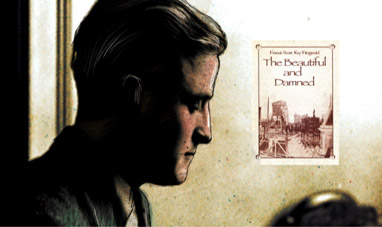

FRANCIS SCOTT FITZGERALD


HIP HOP
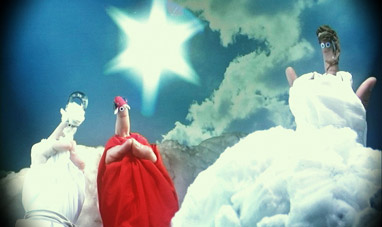

DIVINE COMEDY, PARADISE
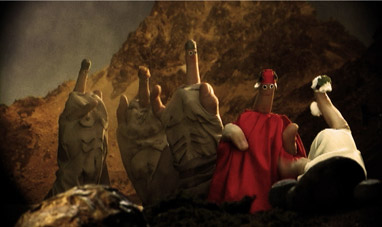

DIVINE COMEDY, PURGATORY
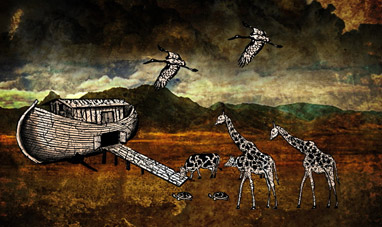

THE GREAT FLOOD
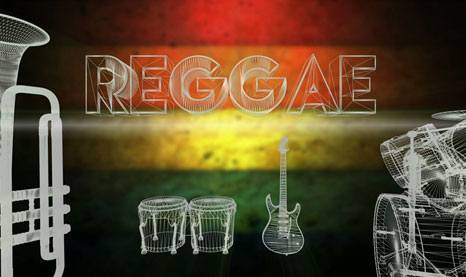

REGGAE
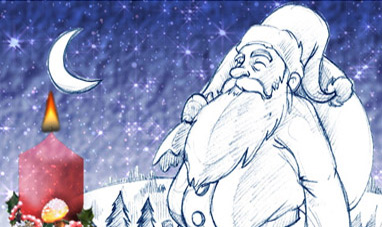

SANTA CLAUS
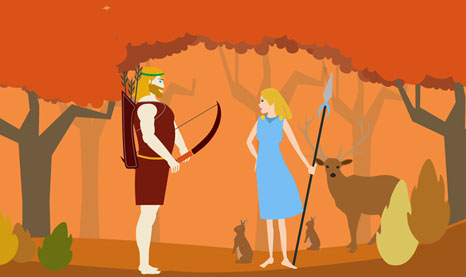

SCORPIO
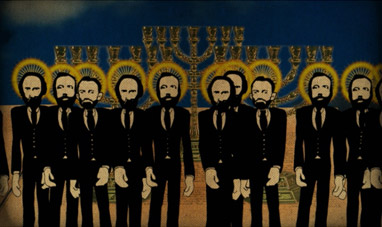

MORMONS
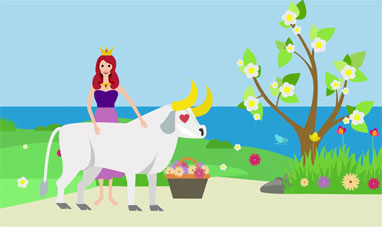

TAURUS
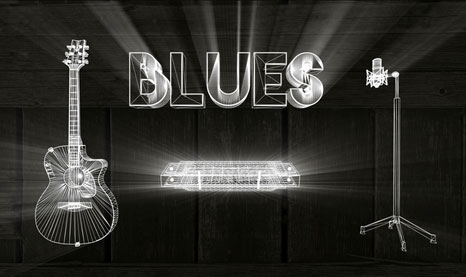

BLUES
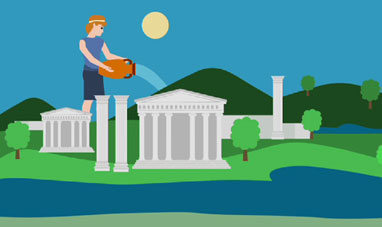

AQUARIUS
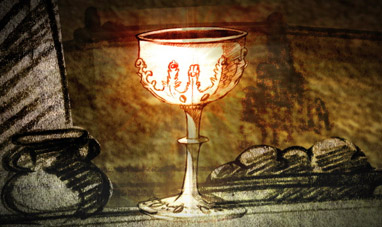

HOLY GRAIL, THE


ELECTRONIC MUSIC
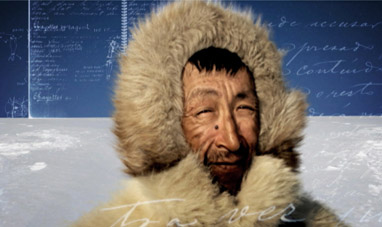

ESKIMOS
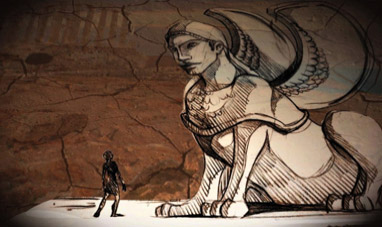

OEDIPUS
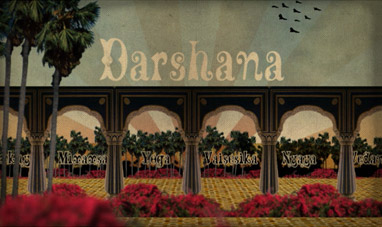

HINDUISM
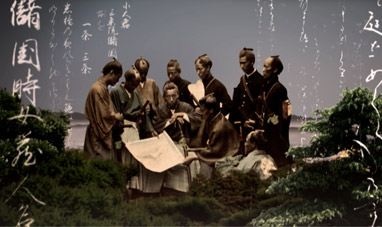

JAPANESE TRADITIONS
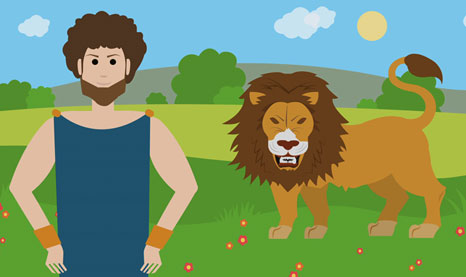

LEO
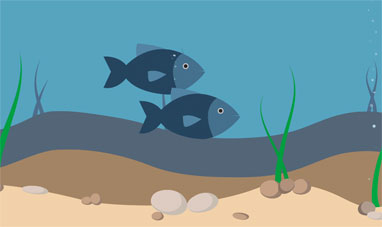

PISCES
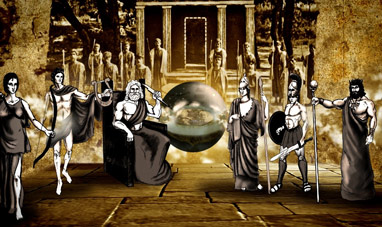

GREEK MYTHOLOGY


MEDEA
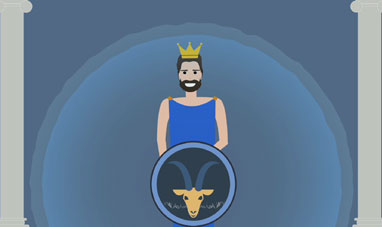

CAPRICORN


MAYAN HOROSCOPE, THE


SHINTO


BERBERS
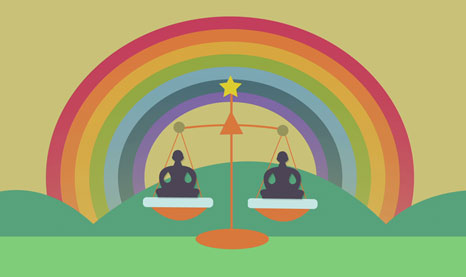

LIBRA
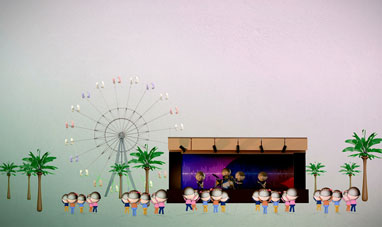

MUSIC FESTIVALS
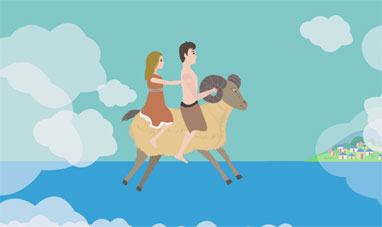

ARIES
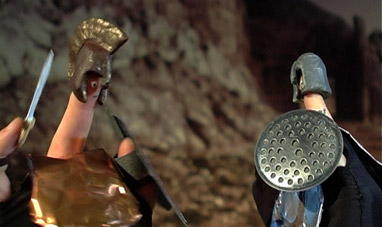

THE ILIAD


POP
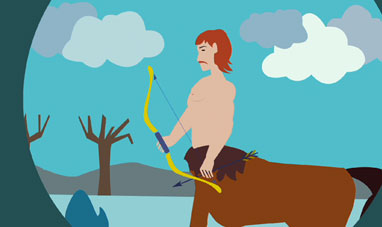

SAGITTARIUS
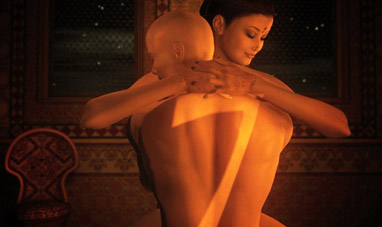

SEX IN THE KAMASUTRA


ENRICO RAVA


HEAVY METAL
